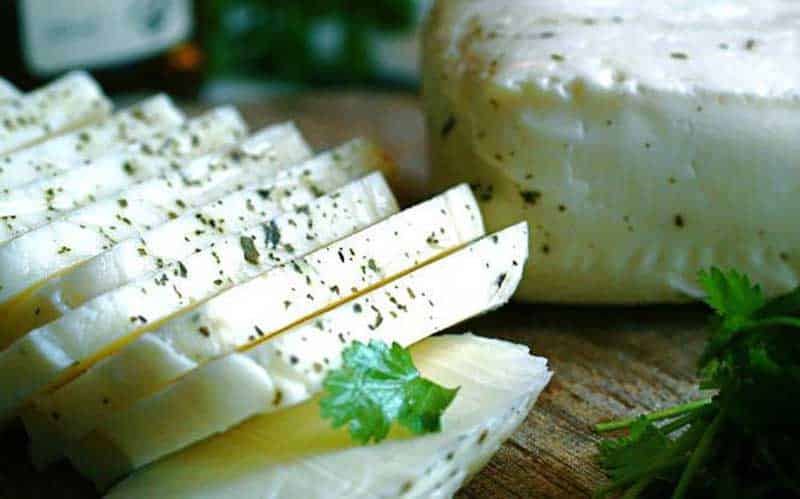Halloumi has become a hot topic once again on Wednesday after it was revealed that the current agreement between the various stakeholders is not being applied.
Speaking to CyBC on Wednesday morning, agriculture ministry undersecretary Andreas Gregoriou said the agreement, which was signed in July last year by cheesemakers, sheep and goat farmers, and cattle farmers, has fallen by the wayside.
He said cattle farmers and cheesemakers are “not fully implementing the agreement” and that the ministry is making efforts to bring the involved parties to the table with the aim of signing a new agreement to enforce the original agreement.
This agreement, he said, would ensure the full implementation of the original agreement and help to find a formula regarding the prices of dairy products, including halloumi, which is acceptable to all parties.
Despite this, he said the dairy market “is not currently operating in a healthy competitive environment” and that the government’s aim is to attempt to foster some sort of healthy environment to allow the industry to sustain itself and grow.
Later in the morning, director of the cattle farmers’ union, Nikos Papakyriacou, said his union had sent a letter to the government in February highlighting the issues it had found in applying the agreement.
Despite this, he said, the government had not yet replied.
He said the commerce ministry should have drawn up and put into place a plan for the promotion of bovine products to prevent them from being wasted.
The underuse of bovine products and the insistence of an eventual 50-50 split between cow’s milk and goat’s and sheep’s milk in halloumi regarding the protected designation of origin (PDO) would cause milk to be wasted, he said.
“What should we do with our cows’ milk? Chuck it away?” he retorted.
To this end, he asked for a longer transition period regarding the implementation of the PDO and the eventual end composition of halloumi.
In addition, he said cattle farmers were being “punished” as political parties wanted to “steal votes” from workers in other industries, thus allowing them to be neglected.
He accepted that government investment was required to sustain sheep and goat farming but said the government “should find a way to support sheep and goat farmers in a way which allows them to develop and not keep coming back and asking for more money.”
Head of the sheep and goat farmers’ union, Marios Rialas, said cattle farmers must find a way to diversify their produce rather than allowing for milk to go to waste.
“Cow’s milk can be used for other things, like grilled cheese,” he said, noting that currently this aspect of cattle farming in Cyprus is uncompetitive as cow’s milk products are more expensive than those produced in Poland or Romania.
“We all knew from 2014 that in 2024, the PDO would be applied. Cattle farmers have had ten years to prepare for it, as have the rest of us.”
Despite this, “in 2013 there were 24,000 cows on the island, now there are 38,000. In 2014 they produced 158 million litres of milk, now they produce 300 million. Cattle farmers have been investing in the failure of the PDO.”







Click here to change your cookie preferences